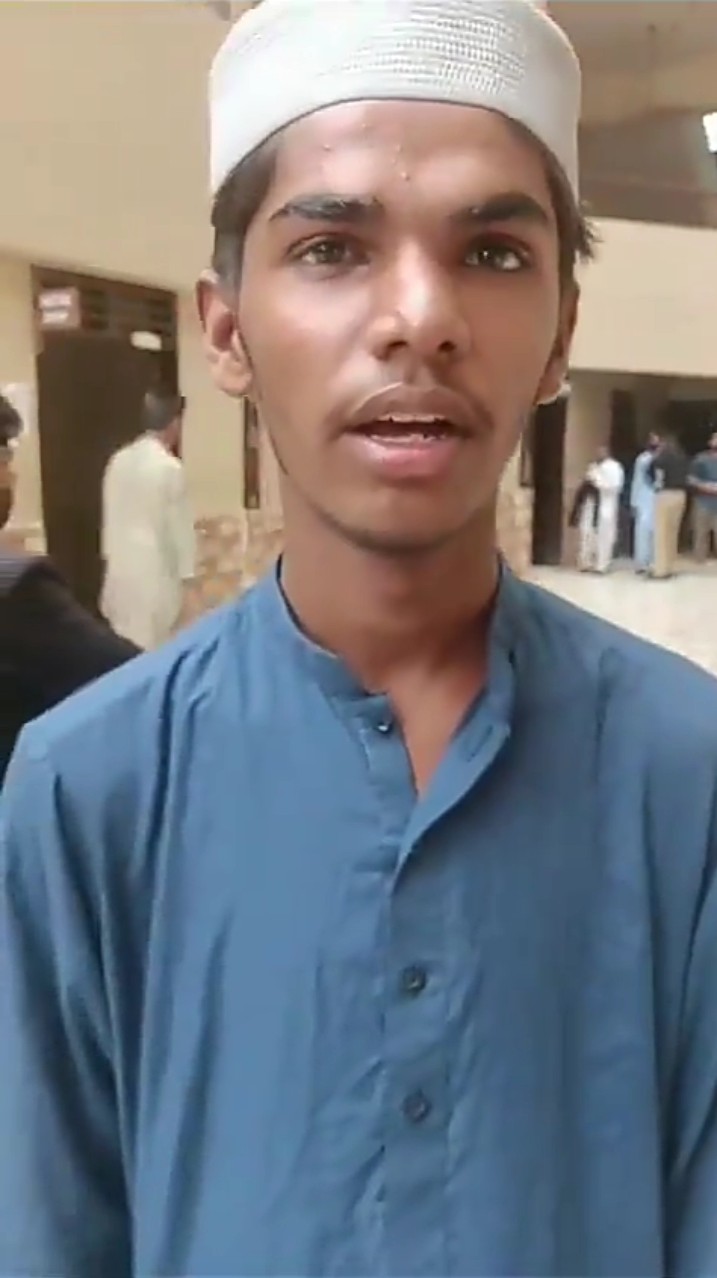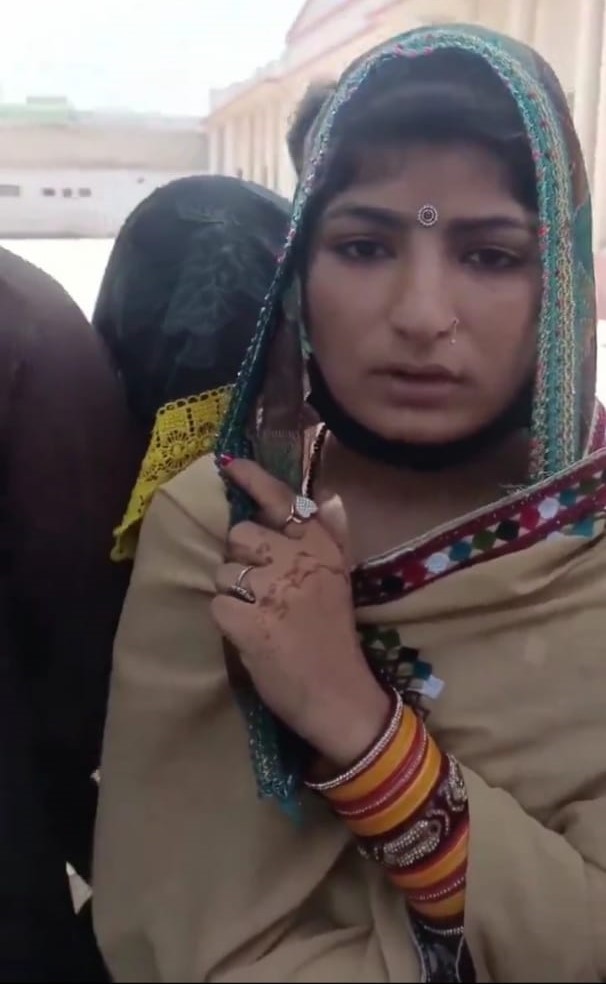In a disturbing development from Sindh, Pakistan, the case of Dilip Kumar, A young Hindu boy son of Parsu Ram, has brought to light the ongoing issue of forced conversion targeting minority communities. Recently, Dilip Kumar filed a statement in court declaring that he accepted Islam of his own free will, adopting the Islamic name Subhan Ali. However, the circumstances surrounding his conversion have raised serious concerns among human rights advocates.
According to reports, Dilip Kumar had been missing from his home for several days before reappearing to make his court statement. This pattern of disappearance followed by sudden conversion is not new; it reflects a troubling trend in which minority youth, particularly from the Hindu community, are increasingly becoming targets for kidnapping and forced conversion. The Hindu Sindh Foundation has expressed alarm over this incident, emphasizing that Hindu boys, like Hindu girls before them, are now facing similar threats to their safety and autonomy.
The implications of such conversions extend far beyond individual cases; they highlight a broader societal issue that threatens the very fabric of minority communities in Pakistan. The coercive tactics used to facilitate these conversions often involve manipulation, intimidation, and violence, leaving victims with little choice but to comply. This not only undermines the religious freedom guaranteed by law but also instills fear in the hearts of families within minority communities.
As the situation evolves, there is an urgent need for greater awareness and advocacy to protect the rights of minority individuals. Community organizations and activists are calling for legal reforms that address the systemic issues surrounding forced conversions, ensuring that victims can seek justice without fear of retribution.
The case of Dilip Kumar serves as a stark reminder of the precarious position of minority communities in Pakistan. It is essential for society to recognize the significance of these narratives and work collectively to safeguard the rights and freedoms of all individuals, regardless of their religious background.
More information regarding Dilip Kumar’s case is awaited, and it is crucial that the community continues to monitor developments while advocating for the protection of vulnerable individuals from coercive practices. The fight for justice and equality must persist, ensuring that no one is forced to abandon their identity under duress.

For more updates and detailed coverage of this case and other issues affecting the Hindu and Sindhi communities in Sindh, Pakistan, stay tuned to Sindh Renaissance.






